
Scotland’s biggest independent grant-making charity will be ordered to pay damages to its former chief executive after a tribunal ruled that he was discriminated against for opposing same-sex marriage.
Kenneth Ferguson, an elder and treasurer with the Free Church of Scotland, took legal action against the Robertson Trust, arguing he was unfairly dismissed because of his religious beliefs.
The charity gives away £20 million a year, distributing dividends from its controlling stake in Edrington, which owns the whisky brands Macallan and the Famous Grouse.
The employment tribunal heard that Shonaig Macpherson, the trust’s chairwoman, had been “incandescent” with anger to learn that one of its venues had been booked by the Stirling Free Church, which opposes abortion and same-sex weddings.
Macpherson, strongly denied that Ferguson’s dismissal had been motivated by her objection to his religious views.
However, the hearing concluded that her testimony was “not sufficiently reliable”.
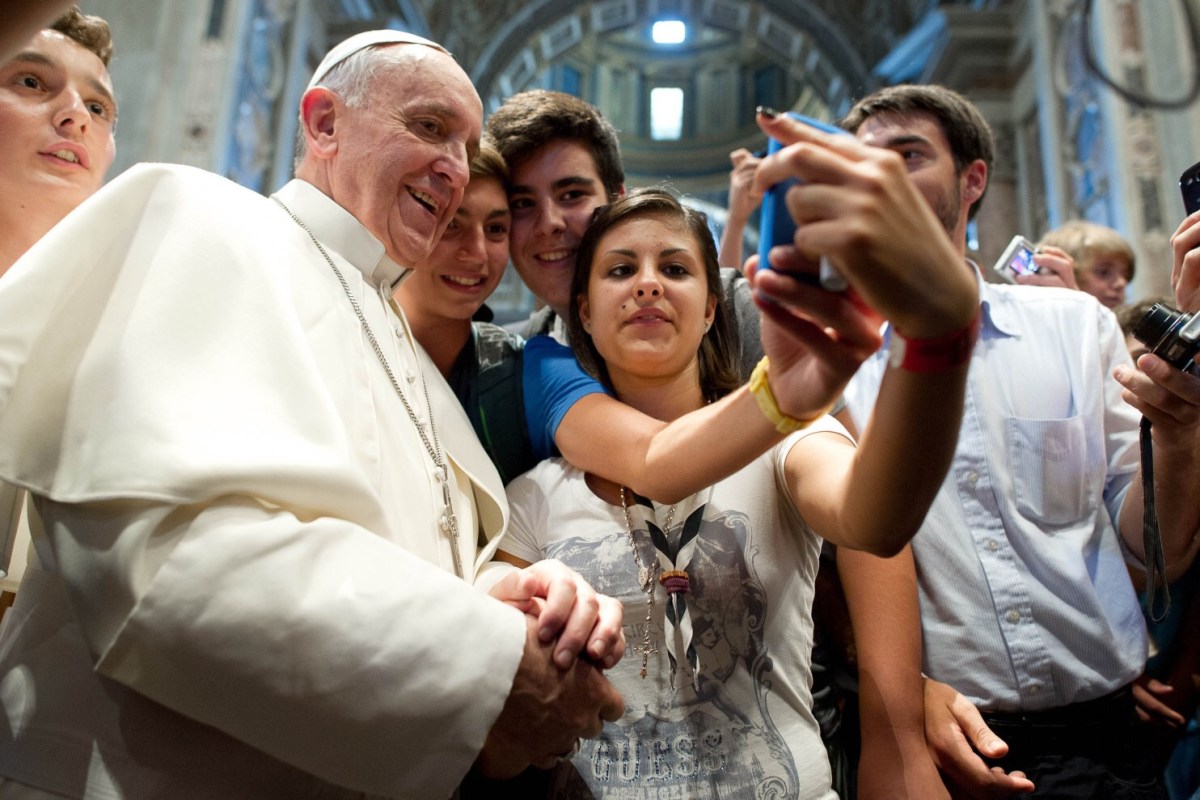
Catholics and non-believers alike are looking forward to Pope Francis’ September 12-15 visit to Slovakia, the spokesman for the bishops’ conference told journalists, saying that, if given the chance, he’d ask the pontiff to focus on boosting locals in their faith.
The encouragement is particularly needed after the worst of the pandemic, Father Martin Kramara said, because churches closing their doors for three or four months during its peak brought “much disappointment,” with parishioners sharing with him their thankfulness at the efforts made to provide online Masses, but also the frustration at knowing it’s not the same to kneel at a church than in front of a screen. On the other hand, he said, many in Slovakia are still afraid of the virus, and have yet to return to Mass. Slovakia was one of the hardest hit countries in Europe by Covid-19.
Controversially, the government has announced that only those who have been fully vaccinated will be allowed to attend the papal events.
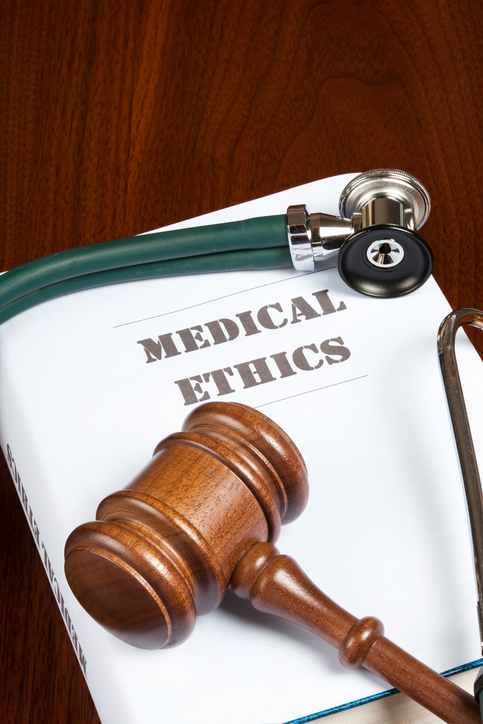
The Pro-Life Campaign has called on doctors to make their views known to the Medical Council as they review the profession’s statutory code of ethics.
The Council launched a public consultation as part of the review and the closing date for submissions is Wednesday 4th August 2021.
Dr Ruth Cullen of the PLC said, “it’s a really important opportunity for doctors and healthcare professionals to make their views known and to influence the ethical guidelines governing medical practitioners for the next five years.
“The amended Guide issued by the Medical Council in 2019 (after the new abortion law was introduced) greatly undermined freedom of conscience protections for doctors who don’t wish to participate in abortions in any way,” she said.
“It is critically important that the Medical Council receive the message loud and clear that changes are needed in this and other areas of the Guide.”
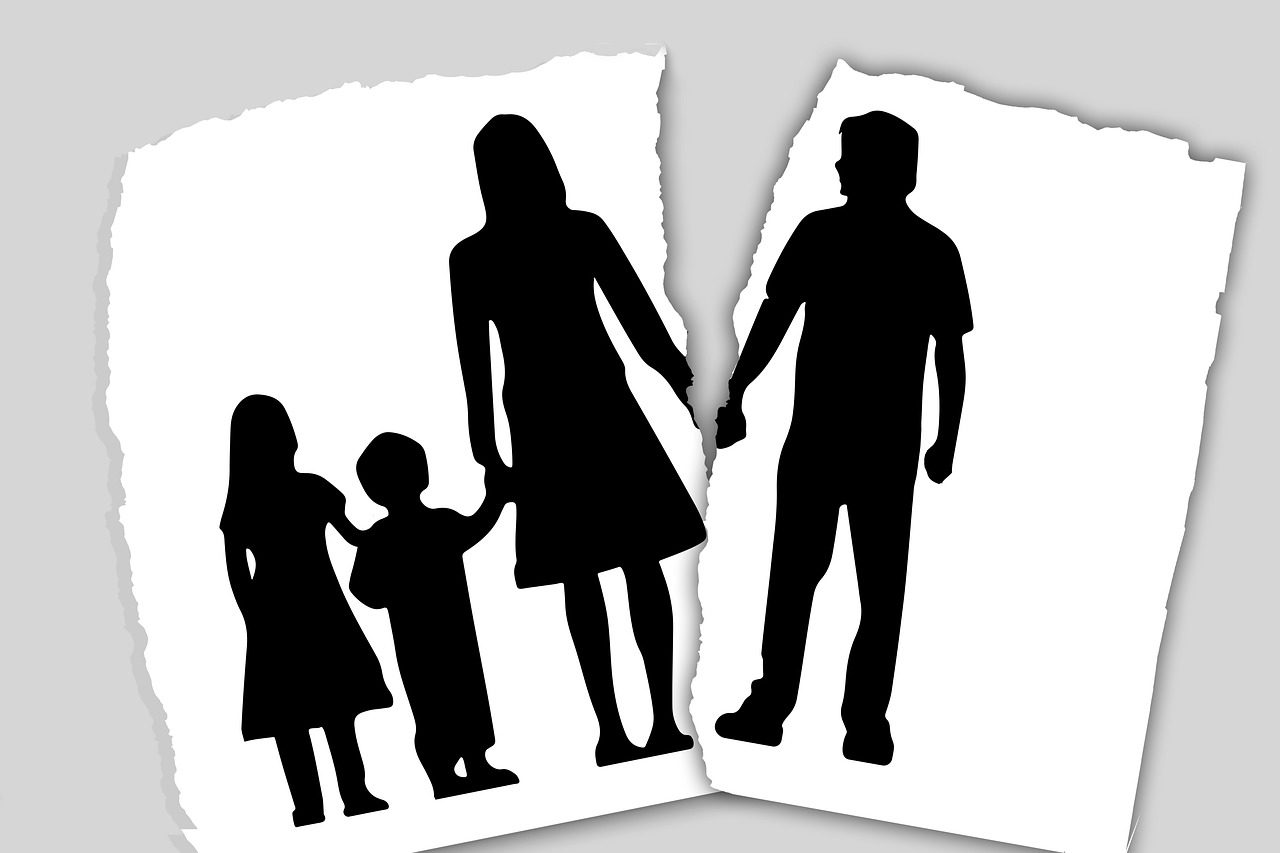
Applications for divorce reached their highest level ever last year, new data from the Courts Service reveals.
Some 5,266 applications were made, an increase of 29pc on 2019, and by far the highest annual figure since divorce was introduced in 1997.
Legal experts put the massive rise down to changes in the law which reduced the waiting time for divorce.
However, applications for judicial separation dropped by half to just over 600.
The Covid-19 effect could also be seen in data on domestic violence applications, which jumped by 12pc last year.
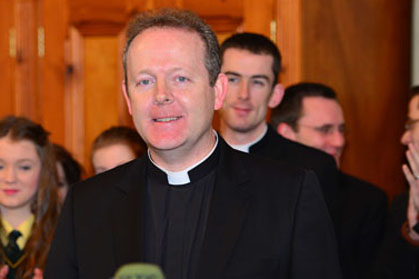
The British Government’s order to the Northern Ireland health service that it must commission a widespread abortion regime by next spring is “unjust”, “gravely disquieting” and threatens the Good Friday Agreement, Catholic bishops have said.
In a joint statement, the Primate of All-Ireland Archbishop of Armagh Eamon Martin, and four other bishops in the North, also criticised politicians who have welcomed the “unilateral imposition”.
The bishops urged church-goers to push abortion as a key election issue ahead of next year’s polls for the Northern Ireland Assembly.
“As our society prepares in coming months to engage in the ultimate expression of democratic participation — the election to our local Assembly — we encourage all Catholics, and those share our view on the inviolability of all human life, to reflect carefully on the issues raised by this succession of unilateral impositions by the Westminster government,” they said.
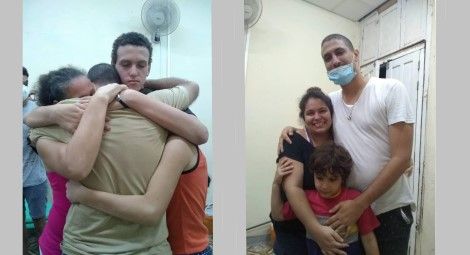
Two Cuban pastors who were detained amid unprecedented nationwide protests in Cuba on 11 July were released after nearly two weeks in detention. A third pastor remains imprisoned and has been held incommunicado for 15 days.
Pastors Yéremi Blanco Ramírez and Yarian Sierra Madrigal were released into house arrest on the evening of 24 July. They had been held incommunicado for two weeks in the women’s prison in Matanzas and in a state security facility.
During their detention, both pastors’ wives issued multiple statements calling for their release, and the family of Pastor Sierra were evicted from their home after their landlord faced pressure to do so from Cuban State Security. They remain homeless despite the pastor’s release.
Elsewhere, Protestant pastor Lorenzo Rosales Fajardo has now been detained incommunicado in a State Security facility in Santiago de Cuba for 15 days. His wife, Maridilegnis Carballo attempted to visit him in prison on 24 July, but was not allowed to see or speak to him.

The Czech Constitutional Court rejected the proposal of a lower court which would have brought registered partnerships closer to the level of marriage.
The district court proposed annulling a Civil Code passage that generally stipulates which areas of rights and obligations related to marriage also apply to registered partnerships. The adoption of the child of a registered partner, which was primarily the subject of the proposal, is not among these rights.
The constitutional judges were not united in their opinion on the case. Most of them agreed that the proposal should concern more concrete parts of the Civil Code that concern adoption and do not mention registered partners.
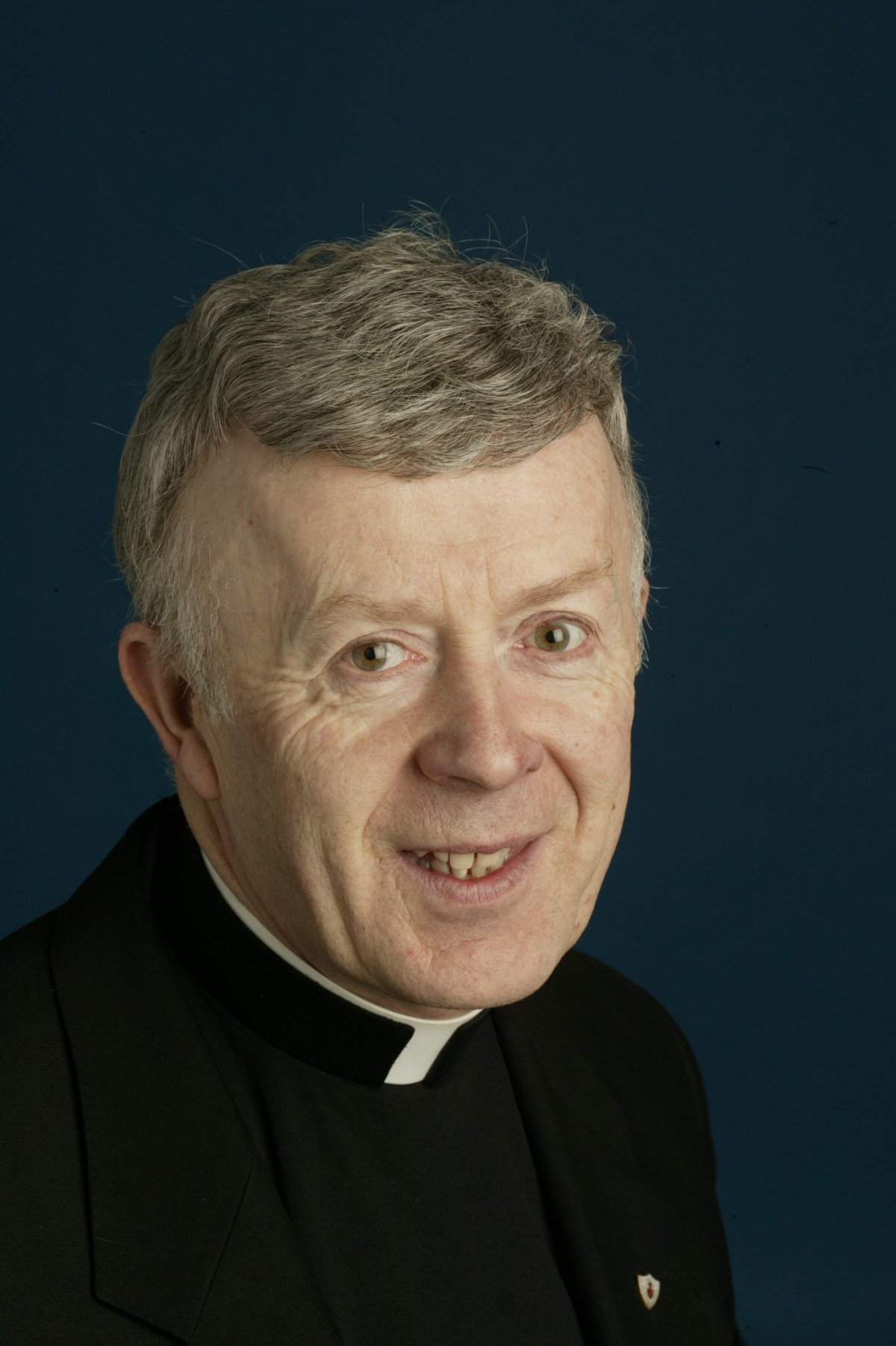
Religion is often covered in the media through a political prism that distorts it, according to the Catholic Archbishop of Tuam.
Dr Michael Neary was speaking at Mass in Westport last Saturday night, which would normally have heralded the annual climb of Croagh Patrick on the last Sunday of July, “Reek Sunday”.
“It is not uncommon to find the coverage of religion per se and religious affairs generally viewed through a political prism and treated in political terms,” he said.
“The great organs of news and information in society are, it seems, being managed to serve distorted and sometimes questionable ends, which are calculated to deprive us of our critical faculties. Forces are endeavouring to reshape our values, fears and dreams in ways that are quite literally opposed to the joy of the Gospel”.

A former Muslim who converted to Christianity has been slashed with a knife at Speakers’ Corner in London’s Hyde Park, police have said.
Hatun Tash was stabbed on her hand and face by a young man wearing black, who later fled the scene as some of the other 30 people there confronted him. The knife used in the attack was recovered.
Detective Superintendent Alex Bingley (Central West Command Unit), said: “This was clearly a very distressing incident for the woman involved and officers have spent time with her, whilst she was being treated for her injury, to get an account of what happened”. He asked for members of the public who had video recordings of the attack to share them with the police.
Hatun Tash leads DCCI ministries, which “seeks to preach the Gospel to Muslims using apologetics and polemics (…) Our motivation is a love for Muslims to bring them to repentance and faith in Jesus Christ in order to attain eternal life”.

France’s largest Protestant church has celebrated its first wedding of same-sex pastors, authorities said.
Emeline Daude and Agnes Kauffmann, both in their early thirties, tied the knot in the southern city of Montpellier on Saturday.
The United Protestant Church of France (EPUdF) has about 250,000 members.
While heterosexual marriages have long been the norm for Protestant pastors, the church synod’s 2015 decision to also allow same-sex unions among clergy remains controversial, and gives officials wide discretion on how to apply the rule.
In general, Protestant doctrine does not consider marriage to be a sacrament, but the church does give its blessing in civil ceremonies to both heterosexual and homosexual couples.
https://www.france24.com/en/live-news/20210726-in-french-first-same-sex-protestant-pastors-get-married